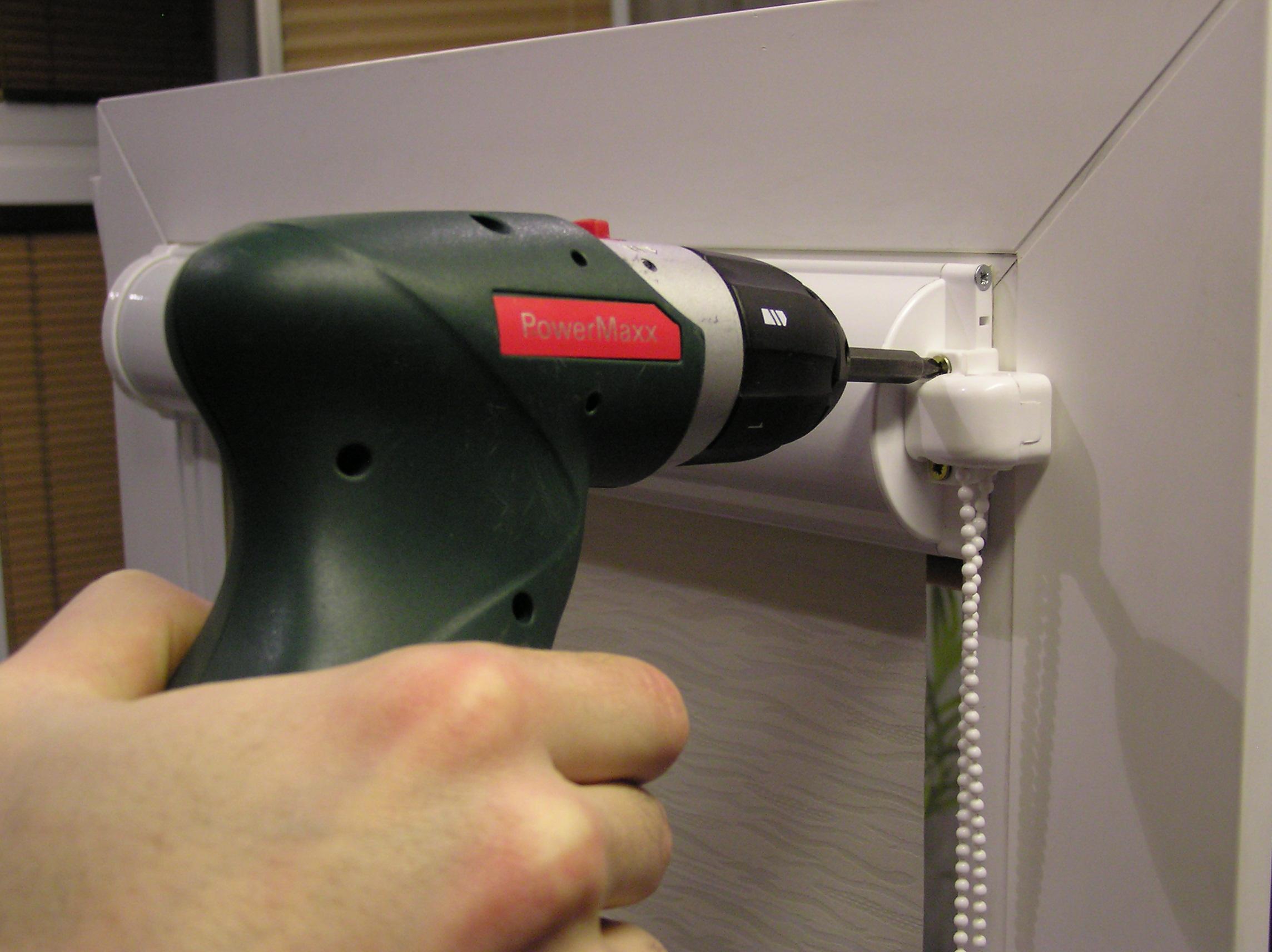
26 Jun How to fund home improvements
Photo: pjotrek/morguefile.comQ. I want to do home improvements and I’m deciding between a home equity loan and a line of credit. The line of credit sounds better, but I’m a little concerned about having so much available money in case I’m tempted to use it for more than the home improvements. Which do you think I should take?
— Improving it all
A. We’re glad you’re aware of the temptation to borrow too much. Too many people are weighed down with debt they didn’t plan for, or think about, before they took it on.
Let’s start with the differences between a home equity loan and a home equity line of credit (HELOC).
A home equity loan allows you to borrow against the equity in your home, said Bryan Smalley, a certified financial planner with RegentAtlantic in Morristown.
“Some of the benefits include lower interest rates compared to unsecured loans, easier qualification standards, the interest may be tax deductible, and it could provide access to large amounts of cash depending on the equity you have in your home,” Smalley said.
Once you’re approved for the loan, the bank gives you a lump sum of cash. You repay the loan over time with fixed monthly payments, and the loan is typically amortized like that of a primary mortgage.
Just remember that you are paying interest on this loan whether or not you’re using the cash, Smalley said.
Then there’s a home equity line of credit (HELOC), which allows you to borrow against the equity in your home to the degree you need the cash. That means your line of credit may be higher than the amount of cash you take out, Smalley said.
You can take out cash on multiple occasions and you only pay interest on the amount you borrow.
“The interest rate is variable and repayment usually involves a period where only the interest is due and then eventually a time when the loan is amortized and you have to start paying down the principal,” Smalley said. “HELOCs tend to be more flexible than that of the home equity loan. However, your lender can always freeze or cancel the line, which may happen at an inopportune time.”
Smalley said it’s important to note that both the home equity loan and HELOC are a type of second mortgage. This means that your home is the collateral of the loan. If you do not pay back your loan or line of credit, there is the possibility you may lose your home, so be careful you can afford to pay back whatever you borrow.
We know you’re concerned that the HELOC provides you with access to cash too easily.
“While this ease of access may not be good for your financial health, it is important to note that you may still face the same issue with the home equity loan, by asking for a larger loan than needed,” Smalley said. “All the more reason it is important for you to decide on whether or not any type of home equity loan/line of credit is appropriate for you.”
As an alternative, Smalley said, would be to establish a savings plan to accumulate the cash you need for the home improvements. That may be a better route to go.
Email your questions to Ask@NJMoneyHelp.com.
This post was first published in June 2017.
NJMoneyHelp.com presents certain general financial planning principles and advice, but should never be viewed as a substitute for obtaining advice from a personal professional advisor who understands your unique individual circumstances.
